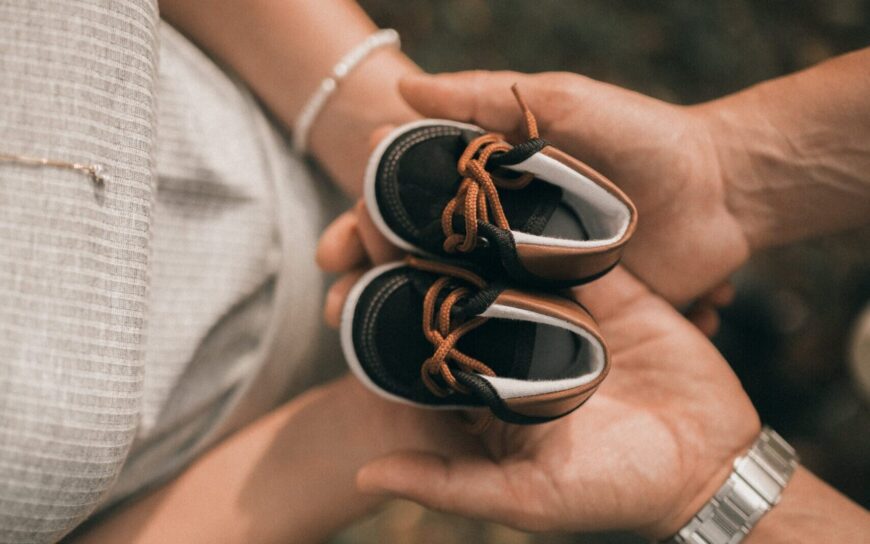The Association Between Socioeconomic Status and Lifetime Fertility for Men and Women in South Korea: Is There a Gender Difference?
This study seeks to examine the association between socioeconomic status of men and women and their lifetime fertility or childlessness. Declining fertility is a concern for many industrialized economies and childlessness is an important phenomenon that contributes to low fertility rates. This study used data from 4,705 of the over 10,000 people in the Korean Longitudinal Study of Aging (KLoSA), Wave 1 collected in 2006, a nationally representative sample of people aged 45 and over in South Korea. This sample of middle-aged individuals provides information about lifetime fertility of men and women of South Korea, including those who have never been married. Results from logistic regression analyses showed that, for men, education, employment, and income were significantly positively associated having a child/children, whereas no significant association was found among women. The findings imply that in South Korea, men who have difficulty bearing the normative expectation of financial responsibility of fatherhood tend not to have children.
Population Review
Volume 62, Number 2, 2023
Type: Article, pp. 79-100
The Association Between Socioeconomic Status and Lifetime Fertility for Men and Women in South Korea: Is There a Gender Difference?
Authors: Jin Young Seo and Rebecca L. Stotzer
Authors affiliations: Jin Young Seo and Rebecca L. Stotzer are both with the Thompson School of Social Work and Public Health, University of Hawaiʻi at Mānoa, Honolulu, HI, USA. Jin Young Seo is a PhD student specializing in research on fertility, childlessness, and family policy in South Korea and Rebecca Stotzer is Professor, Director of the Distance Education Program, and Department of Social Work Chair.
Corresponding author/address: Jin Young Seo jyseo@hawaii.edu
Abstract
This study seeks to examine the association between socioeconomic status of men and women and their lifetime fertility or childlessness. Declining fertility is a concern for many industrialized economies and childlessness is an important phenomenon that contributes to low fertility rates. This study used data from 4,705 of the over 10,000 people in the Korean Longitudinal Study of Aging (KLoSA), Wave 1 collected in 2006, a nationally representative sample of people aged 45 and over in South Korea. This sample of middle-aged individuals provides information about lifetime fertility of men and women of South Korea, including those who have never been married. Results from logistic regression analyses showed that, for men, education, employment, and income were significantly positively associated having a child/children, whereas no significant association was found among women. The findings imply that in South Korea, men who have difficulty bearing the normative expectation of financial responsibility of fatherhood tend not to have children.
Keywords
childlessness, lifetime fertility, socioeconomic status, family roles, South Korea
© 2023 Sociological Demography Press
MLA
Seo, Jin Young and Rebecca L. Stotzer. “The Association Between Socioeconomic Status and Lifetime Fertility for Men and Women in South Korea: Is There a Gender Difference?” Population Review, vol. 62 no. 2, 2023, p. 79-100. Project MUSE, https://doi.org/10.1353/prv.2023.a913849.
APA
Seo, J.Y., & Stotzer, R.L. (2023). The Association Between Socioeconomic Status and Lifetime Fertility for Men and Women in South Korea: Is There a Gender Difference?Population Review 62(2), 79-100. https://doi.org/10.1353/prv.2023.a913849.
Chicago
Seo, Jin Young, and Rebecca L. Stotzer. “The Association Between Socioeconomic Status and Lifetime Fertility for Men and Women in South Korea: Is There a Gender Difference?” Population Review 62, no. 2 (2023): 79-100. https://doi.org/10.1353/prv.2023.a913849.
Endnote
TY – JOUR T1 – The Association Between Socioeconomic Status and Lifetime Fertility for Men and Women in South Korea: Is There a Gender Difference? A1 – Seo, Jin Young A1 – Stotzer, Rebecca L. JF – Population Review VL – 62 IS – 2 SP – 79 EP – 100 PY – 2023 PB – Sociological Demography Press SN – 1549-0955 UR – https://muse.jhu.edu/pub/251/article/913849 N1 – Volume 62, Number 2, 2023 ER –
Always review your references for accuracy and make any necessary corrections before using. Pay special attention to personal names, capitalization, and dates. Consult your library for more information on citing sources.




